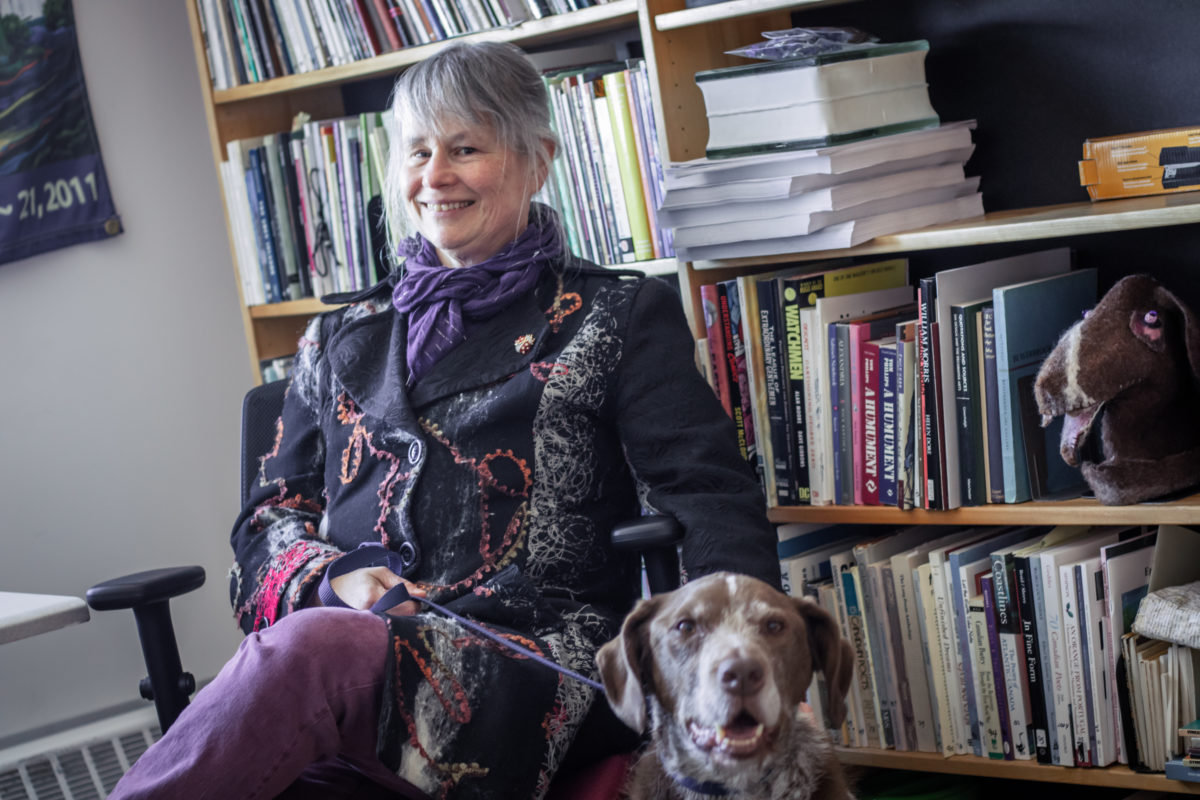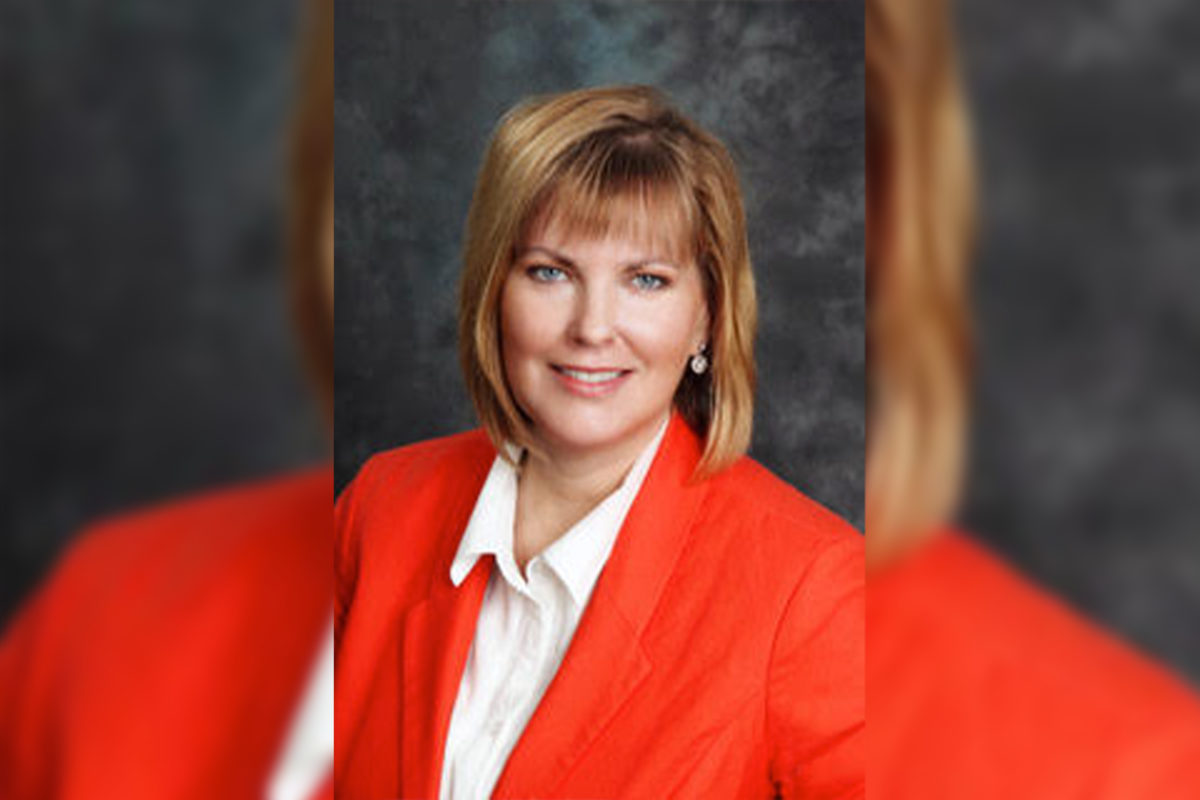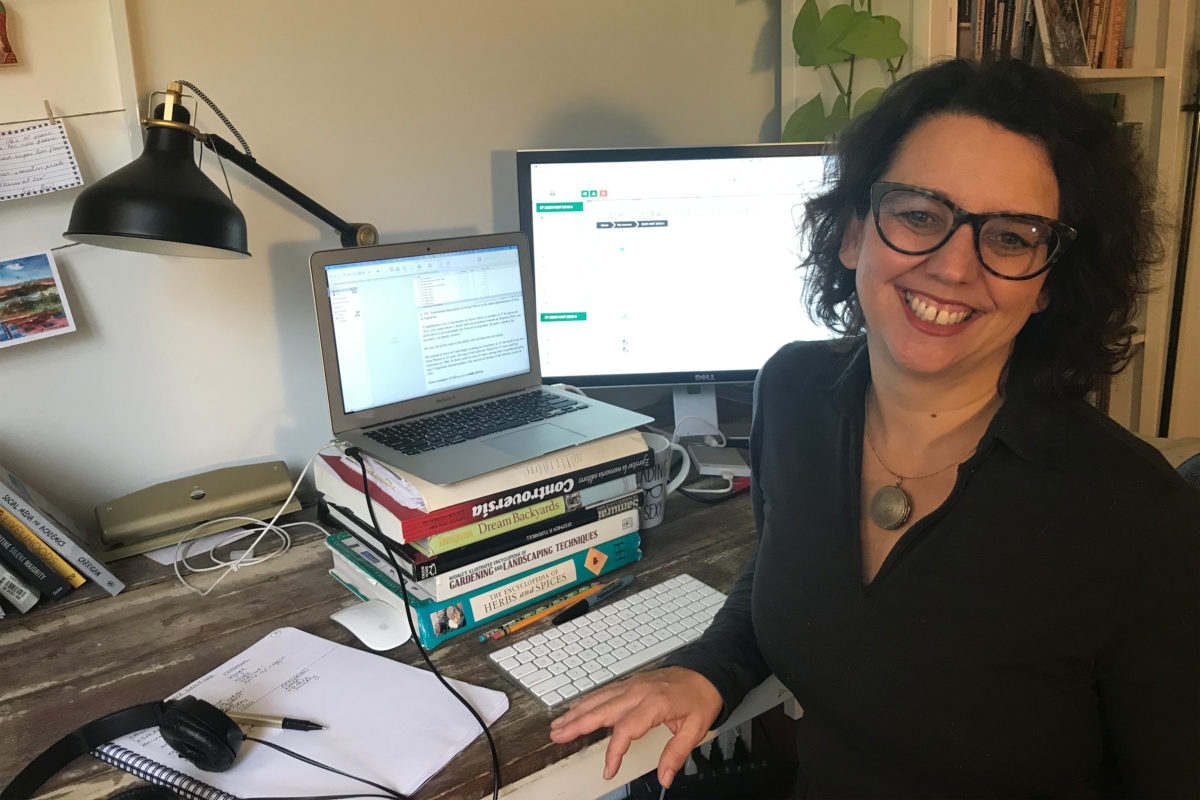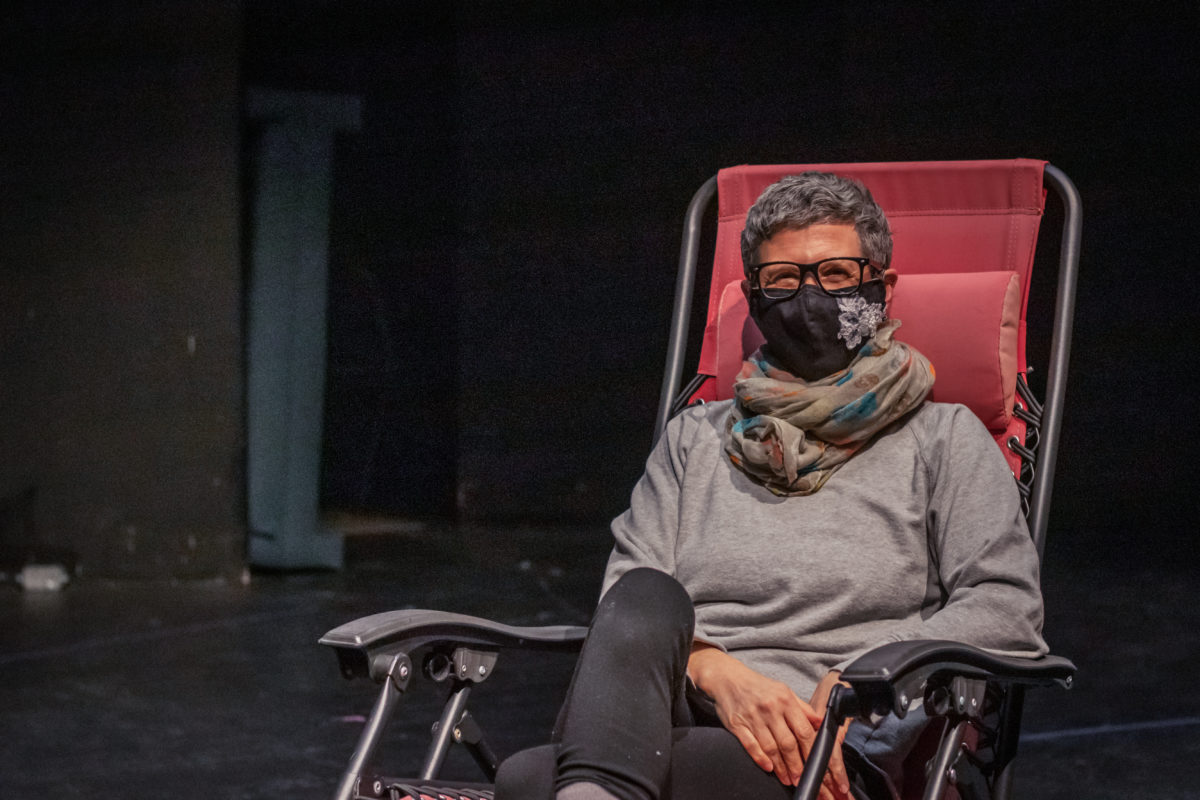

This is part two of a four-part series for Women’s History Month highlighting women in leadership roles at St. Thomas University. This week is about professors in humanities, next week features professors in the social sciences and the last week will highlight staff members. Check out part one of this series about student leaders here.
Kathleen McConnell (she/her)

Kathleen McConnell is a published poet and runs the creative writing program, as well as teaching other English-related courses at STU. She said it’s important for women to express themselves through writing since her field has historically presented the male narrative.
“It can’t be underestimated how important it is for people to see people like themselves … to take into account the different experiences of different people,” she said.
McConnell said poetry has a role in conveying the feelings that women have when facing a male-dominated world.
“Poetry is often creative nonfiction, right? You draw on your experience and your observations, and I can’t separate myself from my gender, it’s who I am.”
Heather MacLean (she/her)


Heather MacLean is a part-time communications and public policy professor who teaches two courses at St. Thomas University. Although MacLean believes the university is inclusive and accepting towards women, she had jobs where that wasn’t the case.
In one of her previous jobs, her boss told her that married women don’t work, as she was getting ready for her honeymoon.
“I remember that took me aback,” she said. “I couldn’t help but blurt out, ‘is there some sort of secret money tree that I don’t know about when you get married? Because I have to work and I want to work.’”
Now, MacLean also runs her own company called TaylorMade Solutions.
She said she’s grateful that times have changed and many of her students are participating in leadership roles.
“I look at these young women and I just marvel at their courage, their tenacity.”
Cecilia Francis (she/her)


Cecilia Francis is a French professor and teaches Francophone literature, language and civilization.
Francis said sometimes professors who are women are often expected to do work outside of what they’re trained in – in her case as a French professor, she’s been asked to translate things.
“I’ve learned to use policies so nobody can take advantage of the fact that I’m female, to combat stereotypes like ‘okay she’s going to be more maternal, so we’ll ask for more extensions.’”
Francis said she admires the women at STU and hopes to be a good influence on her students.
“I feel very committed to training or helping the next generation of female leaders.”
Karen Robert (she/her)


Karen Robert is a history professor specialized in Latin American history. She said her thesis advisor, Rebecca Scott, prepared her for a male-dominated work field.
“Rebecca made a point of telling me, ‘be careful, because the preliminary interviews happen in hotel rooms,’” she said.
Robert said although things have changed for the better in recent years, women still face misogyny at structural levels, which is why she wants to be a mentor to her students.
“With female students, one thing that I would say I do more than with male students is try to encourage them to speak and share their voices,” she said. “I’ve had plenty of experiences of female students not wanting to speak and not realizing they’re the best students in the room.”
Lisa Anne Ross (she/her)


Lisa Anne Ross is a part-time fine arts instructor and teaches a lot of theatre courses. In her line of work, she said she faced instances where people underestimate her for her gender and personality.
“Sometimes I feel like I don’t always get taken seriously. I have to switch on the sort of super serious,” she said.
Ross also said the plays she studied are rooted in colonialism and misogyny and lack diverse representation of women, especially women of colour.
“[Plays] that are only representing one gender and race, sort of a heteronormative euro-colonial vision of theatre, are so boring. It would be great if we could extend the scope, to represent everyone,” she said.
Amanda DiPaolo (she/her)


Amanda DiPaolo is a human rights professor and she said she used to be intimidated by the idea of being a female professor because she had a bad case of imposter syndrome, which is an internal experience someone has when they believe they aren’t as competent as people view them.
“I remember sitting in committee meetings or department meetings at the last university that I taught at and I would never offer any contributions. I just said nothing,” DiPaolo said in an email.
She said even though that part of her experience was negative, it is still better than what many other women go through, which is why she thinks there need to be more women in positions of power.
“When women see women in leadership roles, they are reminded that we too, can be in positions of leadership and power.”
